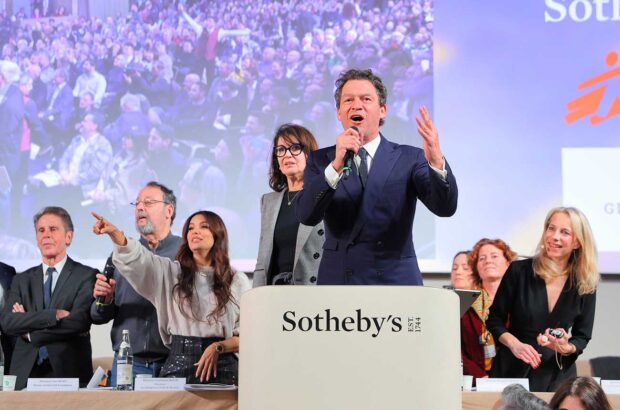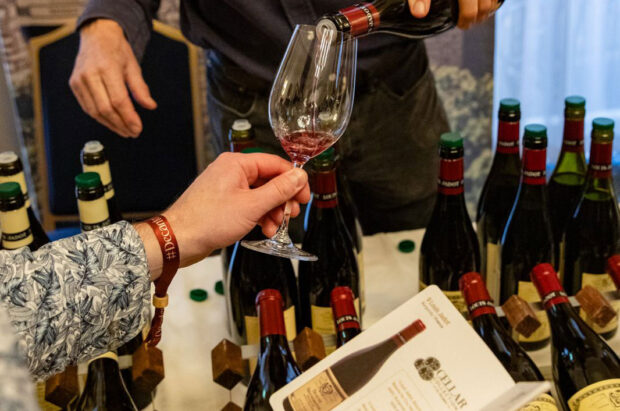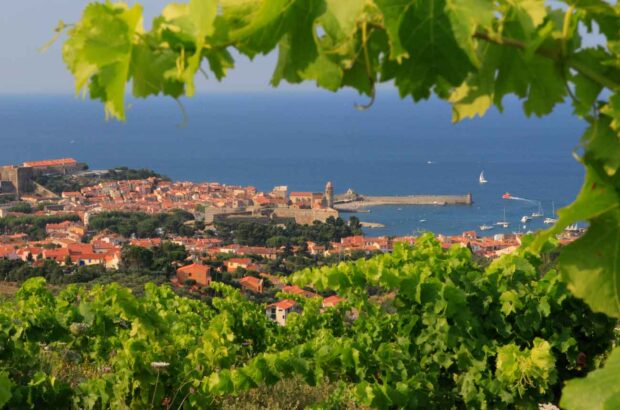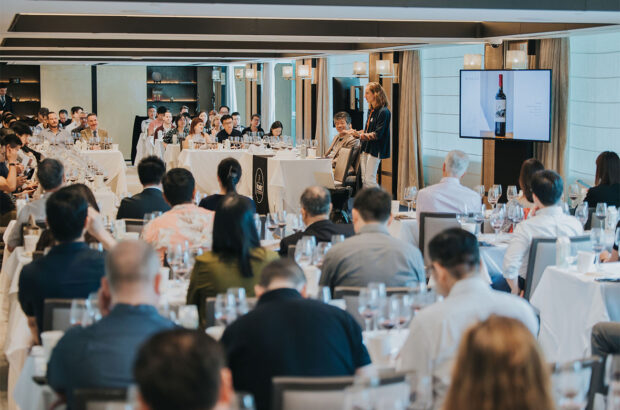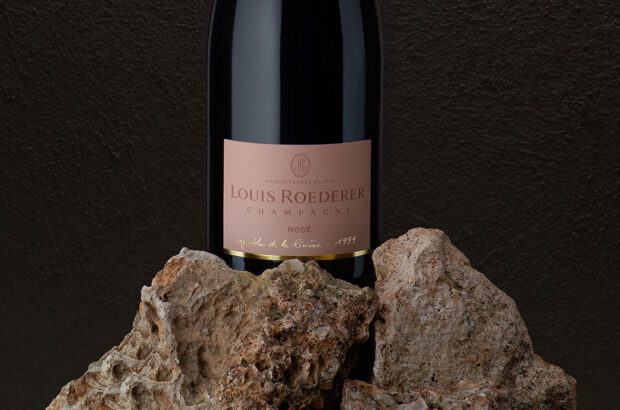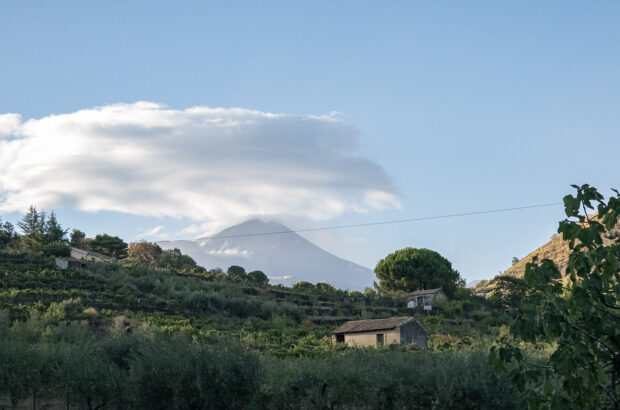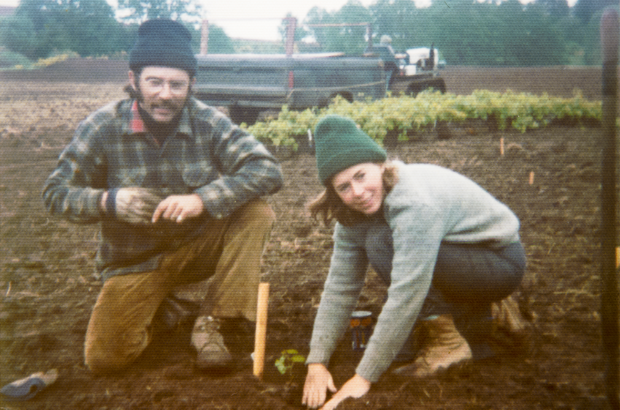The world of wine is full of unasked questions. Why do we put wine at strengths of 5% and 15% alcohol, and everything in between, in the same 75cl bottle? It’s certainly not because ‘it’s the ideal size for two people.’ Why is Côte-Rôtie in the Rhône valley almost the only wine region where black and white grapes are co-fermented (apart from its mimics in Australia)?
And why do well-heeled wine lovers casually pay a premium price for multi-vintage fizz such as Krug Grande Cuvée, Bollinger PN AYC18 and Laurent-Perrier Grand Siècle while almost never considering spending a similar sum on a still wine without a vintage?
Vintages, it is said, matter. Wine drinkers, I was told while tasting a less than delicious 2013 cru classé Bordeaux, want to experience how winemakers have handled the climatic character of the growing season that lies behind every bottle. Really? Do restaurant diners want to taste how the chef has fared with sub-standard beef?
Even if it were true, this supposed belief in the near-sanctity of vintage is often a sham. Depending on the local rules in the country or region where it was produced, a glass of 2022 red, for example, might easily contain 15% and even 25% of wine from one or more other harvests – around one glass in four or six.
As a wine critic-turned winemaker myself, I have very mixed feelings about this. I like having the freedom to create the consistent style and quality I believe many wine drinkers really do appreciate, but I question the shameless dishonesty. If you are going to blend vintages, it should be obligatory to declare the fact and, ideally, to list the ones you have used.
And, by the same logic, why stop at 15%-25%. Why not embrace multi-vintage blends, as Penfolds in Australia did with its G3 which, if you could find a bottle, would set you back more than £2,500? Or as Vega Sicilia in Spain has long done with its Unico Reserva Especial? Or Italy’s Pasqua with its innovative ‘Hey French’ Veneto white?
These wines are all treated as eccentric outliers, but they reflect a tradition familiar to anyone who knows the history of Spanish wine. Top bodegas would routinely bottle blends of their best and most representative years as ‘special reserves’ alongside their single-vintage offerings. Vega Sicilia, in Ribera del Duero, has maintained the tradition, selling its multi-vintage wine at a premium price, but others are also now reviving it, most notably the great Marcos Eguren with his Sierra Cantabria CVC Rioja.
Of course, the suggestion that we should embrace the notion of multi-vintage still wines absolutely does not mean giving up on vintages, any more than it has for Champagne. The two should co-exist, but doing so would relieve producers of having to release wines with which they are not 100% happy – something that could be said of many 2013 crus classés Bordeaux. That was a spectacularly poor vintage, of course, but the increase in the risks of drought, flood, hailstorms and fires associated with climate change is likely to mean more atypical harvests with possibly wildly varied sizes of crop.
I am producing an innovative Georgian white called K’AVSHIRI, which brings together 11 grape varieties, two regions – Imereti and Kakheti – and four techniques – qvevri amphora, skin contact in stainless steel, third year barrels and stainless steel. My partner Vladimer Kublashvili and I had already decided to make it a multi-vintage wine, when the unprecedented fifth in a succession of hailstorms in 2023 devastated the vines where we were going to harvest Kisi grapes – one of Georgia’s most interesting varieties. Luckily, we had some 2022 and 2021 Kisi to include in a blend that includes 10% of grapes harvested in 2017.
Like every other wine enthusiast, I love vertical tastings and the link with history that’s embodied in a single vintage. But I also relish the symphonic freedom the best multi-vintage wines provide to ambitious winemakers that allows them to show the best they can do. And I love trying to answer unasked questions.
In my glass this month
Georg Müller Stiftung’s Roter Riesling 2022 is a lovely VDP example of an ultra-rare pink-skinned mutation of Riesling I discovered in Germany’s Rheingau region, in an eccentric wine shop close to Geisenheim University, where I gave a lecture last month. The grape was saved from extinction by a local winemaker. Bone dry, with delicious peachy-appley fruit and a little more flesh than I’d expect from a classic Riesling. A possible option for a changing climate?





